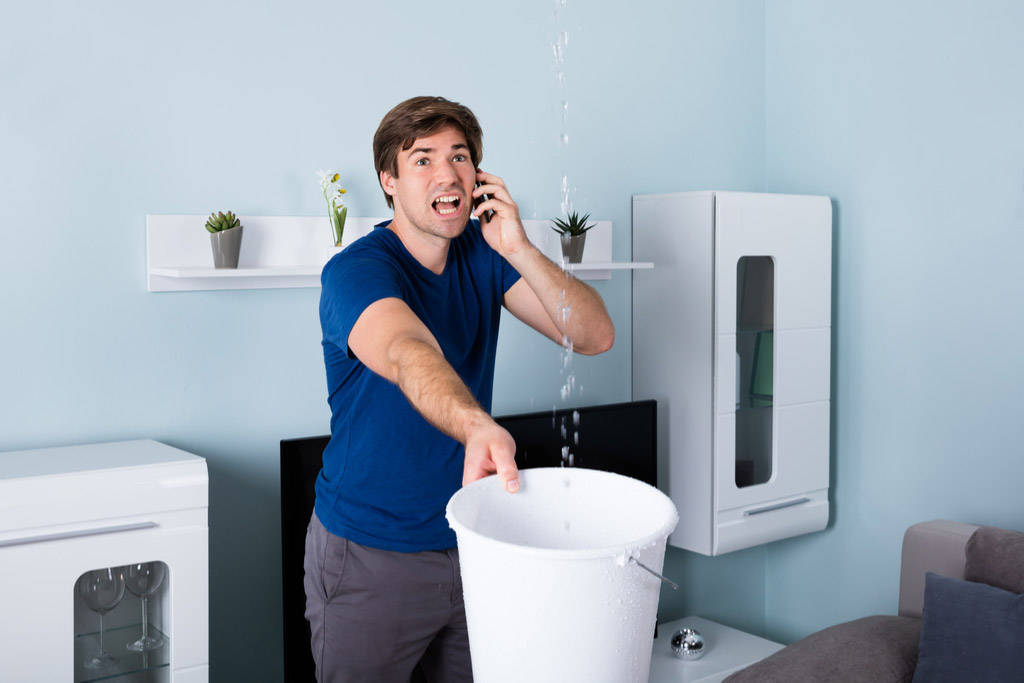Plumbing issues, whether small or large, can disrupt the comfort and functionality of your home. From fixing a leaky faucet to resolving complex pipe blockages, a skilled and trustworthy residential plumber is invaluable. However, finding the right plumber can be overwhelming, especially when there are numerous options to choose from. To help you make the best decision, here are some key tips for selecting a reliable residential plumber.
1. Look for Proper Licensing and Certifications
The first and most important step is ensuring the plumber is licensed and certified to operate in your area. Licensing verifies that the plumber has met the necessary training and qualifications to perform plumbing work safely and effectively. Most states or municipalities have online directories where you can check a plumber’s license. Certifications, such as specialized training in advanced plumbing techniques or eco-friendly systems, are additional indicators of expertise.
2. Verify Insurance Coverage
Plumbing jobs can sometimes result in unexpected accidents or property damage. A reputable plumber should carry adequate insurance coverage, including general liability and workers’ compensation. Insurance protects both you and the plumber in case of unforeseen incidents, ensuring you won’t be held financially liable. Always ask for proof of insurance before agreeing to any work.
3. Ask for Recommendations and Read Reviews
Word-of-mouth recommendations from friends, family, or neighbors are often the most reliable way to find a trustworthy plumber. People you know are more likely to provide honest feedback about their experiences. Additionally, check online reviews and ratings on trusted platforms. Look for plumbers with consistently positive reviews and pay attention to how they handle any negative feedback. A plumber who takes the time to address complaints professionally demonstrates accountability and customer care.
4. Assess Their Experience
Experience matters in plumbing, as it often translates to better problem-solving skills and efficiency. Look for plumbers with several years of experience in residential plumbing specifically. Experienced plumbers are more likely to have encountered and resolved a wide variety of plumbing issues, making them well-equipped to handle your needs. Don’t hesitate to ask about their experience with problems similar to yours, such as repairing older plumbing systems or installing modern fixtures.
5. Check Their Availability and Response Time
Plumbing emergencies, like burst pipes or overflowing toilets, require immediate attention. When choosing a plumber, inquire about their availability for urgent situations. Reliable plumbers should offer prompt emergency services and have a reasonable response time. Ensure they can accommodate your schedule for non-emergency appointments as well, so you’re not left waiting for days to resolve a problem.
6. Request References
If you’re considering hiring a plumber for a significant repair or installation project, ask for references from past clients. Contact these references to learn about their experience working with the plumber, including their punctuality, professionalism, and quality of work. A plumber confident in their services will be happy to provide references and demonstrate their track record of satisfied customers.
7. Compare Pricing and Get Detailed Estimates
Cost is an important factor, but it shouldn’t be the sole basis for your decision. While it’s tempting to choose the lowest bid, this can sometimes lead to subpar workmanship or hidden fees. Request detailed, written estimates from multiple plumbers and compare them carefully. A trustworthy plumber will provide a transparent breakdown of costs, including labor, materials, and potential additional charges. Avoid plumbers who give vague estimates or demand full payment upfront.
8. Inquire About Warranties and Guarantees
A reliable plumber stands by their work and offers warranties or guarantees for their services. This assurance means they are confident in the quality of their repairs or installations. Before hiring, ask about the warranty terms, including what is covered and for how long. A plumber who provides clear warranty details shows commitment to customer satisfaction and long-term reliability.
9. Evaluate Communication and Professionalism
Good communication is essential for a smooth working relationship with your plumber. From the initial inquiry to the completion of the job, pay attention to how they interact with you. A skilled plumber should be courteous, patient, and willing to answer your questions. They should also explain the problem, the solution, and the associated costs in clear terms. Professionalism is a strong indicator of how they will handle the job and your property.
10. Prioritize Local Knowledge
Local plumbers are often more familiar with the common plumbing issues and building codes in your area. Hiring a local plumber can save time and ensure compliance with local regulations. Additionally, local plumbers are more likely to respond quickly to emergencies and build long-term relationships with homeowners in the community.
11. Look for Eco-Friendly Expertise
If you’re concerned about water conservation or reducing your utility bills, consider hiring a plumber with expertise in eco-friendly solutions. Many plumbers now specialize in installing water-efficient fixtures, repairing leaks to minimize waste, and recommending systems like tankless water heaters or greywater systems. These solutions can save money and help reduce your environmental impact.
Conclusion
Choosing a skilled and trustworthy residential plumber requires careful consideration, but it’s worth the effort to ensure your home’s plumbing is in capable hands. By evaluating factors such as licensing, insurance, experience, and communication skills, you can find a professional who meets your needs and provides peace of mind. A dependable plumber is not just a service provider—they’re a long-term partner in maintaining your home’s safety and comfort.



